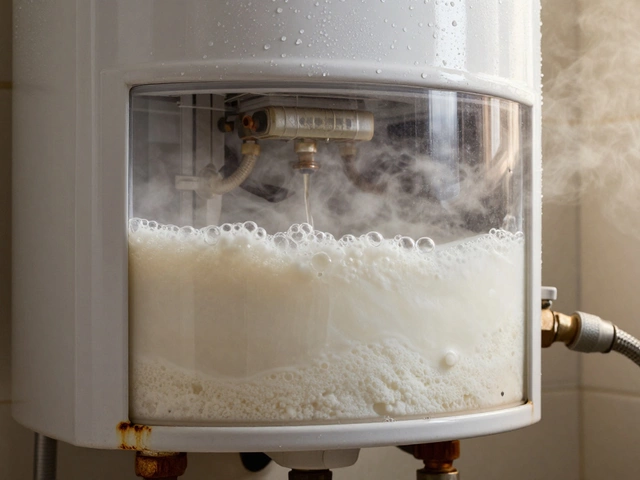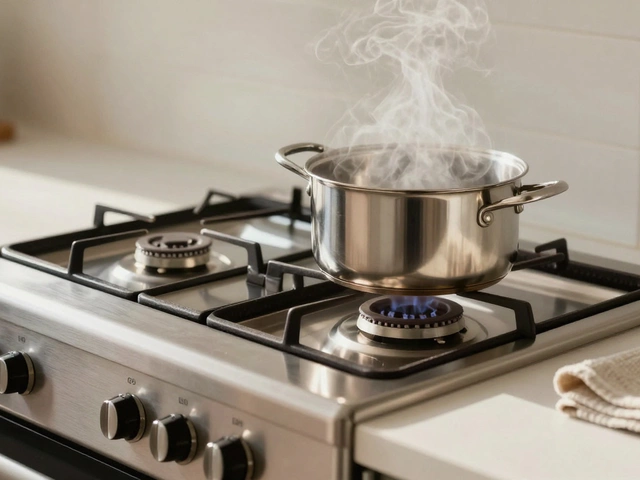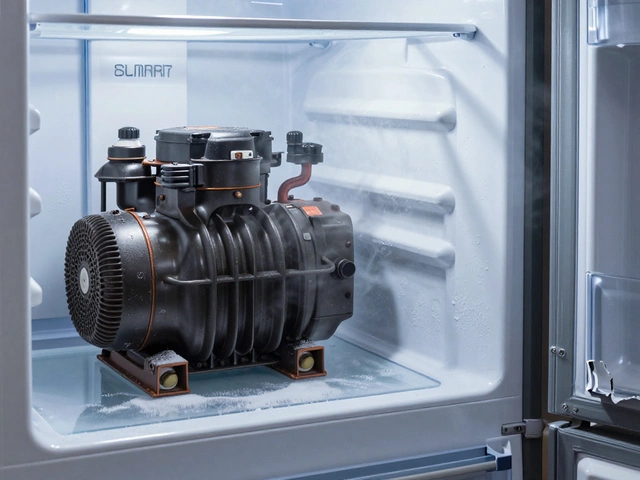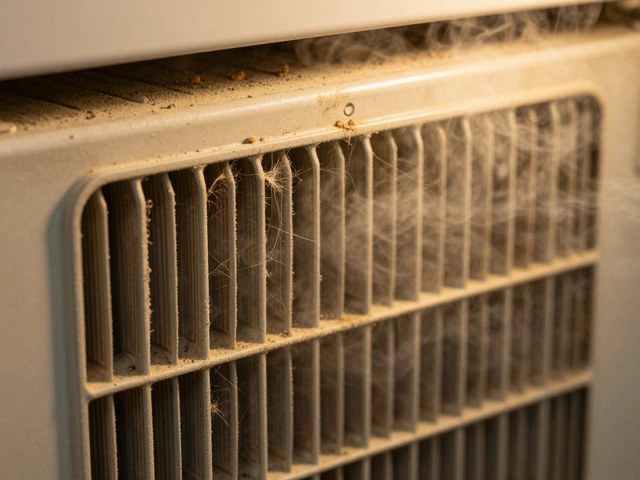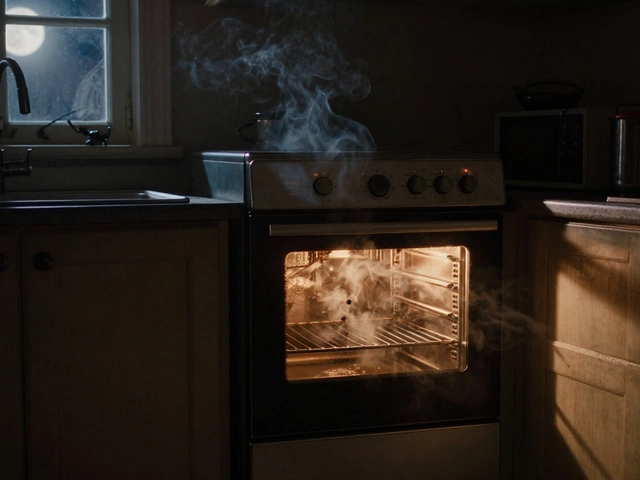Heating System Basics and Easy Maintenance Tips
If your house feels chilly or the radiators make odd noises, it’s time to look at the heating system. A heating system usually includes a boiler, pipes, radiators or under‑floor heating, and sometimes a water heater for hot taps. Understanding each part helps you spot problems before they turn into costly repairs.
Most homes in the UK rely on a gas boiler that heats water for both central heating and domestic hot water. When the boiler fires up, it pushes hot water through the pipe network, warming each room. If anything blocks the flow – like a stuck valve or a buildup of sludge – you’ll notice uneven temperatures or cold spots.
How Boilers Keep Your Home Warm
A healthy boiler runs silently, reaches the set temperature quickly, and doesn’t leak water. To keep it that way, schedule a professional service at least once a year. During a service, a technician checks the pressure, cleans the heat exchanger, and inspects safety devices. Skipping this check can lead to higher bills or even a dangerous gas leak.
If you hear banging or see rusty water, it might be sludge in the system. Flushing the radiators and adding a cleaning inhibitor can clear the mess. You don’t need a specialist for a quick flush – just turn off the system, attach a hose to a drain valve, and let the water run until it looks clear.
Another easy fix is the radiator bleed. Air trapped inside makes radiators feel cold at the top. Use a radiator key to open the bleed valve a tiny bit; you’ll hear a hissing sound as the air escapes, then close it once water starts flowing.
Water Heater Quick Checks
Most homes also have a separate water heater, either electric or gas‑powered. If you’re getting lukewarm showers, the thermostat might be set too low or the heating element could be wearing out. For electric heaters, a simple multimeter test can tell you if the element is still good.
For gas water heaters, look at the pilot light. A flickering or out‑of‑shape flame can signal a dirty burner or a faulty thermocouple. Cleaning the burner with a soft brush and mild detergent often restores a steady flame.
Don’t forget the pressure relief valve. It should lift easily when you press the test button. If it’s stuck, replace it – a faulty valve can cause dangerous over‑pressurisation.
Regularly check for leaks around the tank, connections, and hoses. Even a tiny drip can waste energy and cause corrosion. Tightening a loose fitting or adding a small piece of Teflon tape usually solves the issue.
Keeping the heating system in shape isn’t rocket science. Simple tasks like bleeding radiators, flushing the system, and checking the water heater’s thermostat can save you money and keep the house comfy. When you notice anything odd, don’t wait – call a qualified technician to avoid bigger problems down the line.
Boiler Service Cost: What to Expect in 2025
- Alden Wilder
- May 14 2025
- 0 Comments
Wondering how much boiler service costs these days? This article breaks down average prices, what you get for your money, and the key things that can make your bill go up or down. Expect some practical advice to keep your spend as low as possible, plus tips to spot a good deal. You'll also find out what happens during a service and why it matters for your home's safety and heating bills. Perfect if you want clear, straight answers about boiler service prices before you book anything.
View MoreIs Replacing a Boiler a Major Undertaking? A Comprehensive Guide
- Alden Wilder
- Jan 16 2025
- 0 Comments
Replacing a boiler might seem daunting, but having a clear understanding of the process can alleviate stress and ensure a smooth transition. In this article, we explore the key aspects of boiler replacement, including the signs it's time for an upgrade, the anticipated costs involved, and tips for selecting the right unit for your home. We also share some useful tips to make the process as seamless as possible. By the end of this read, you'll feel more prepared and informed about the necessary steps in upgrading your home heating system.
View More

